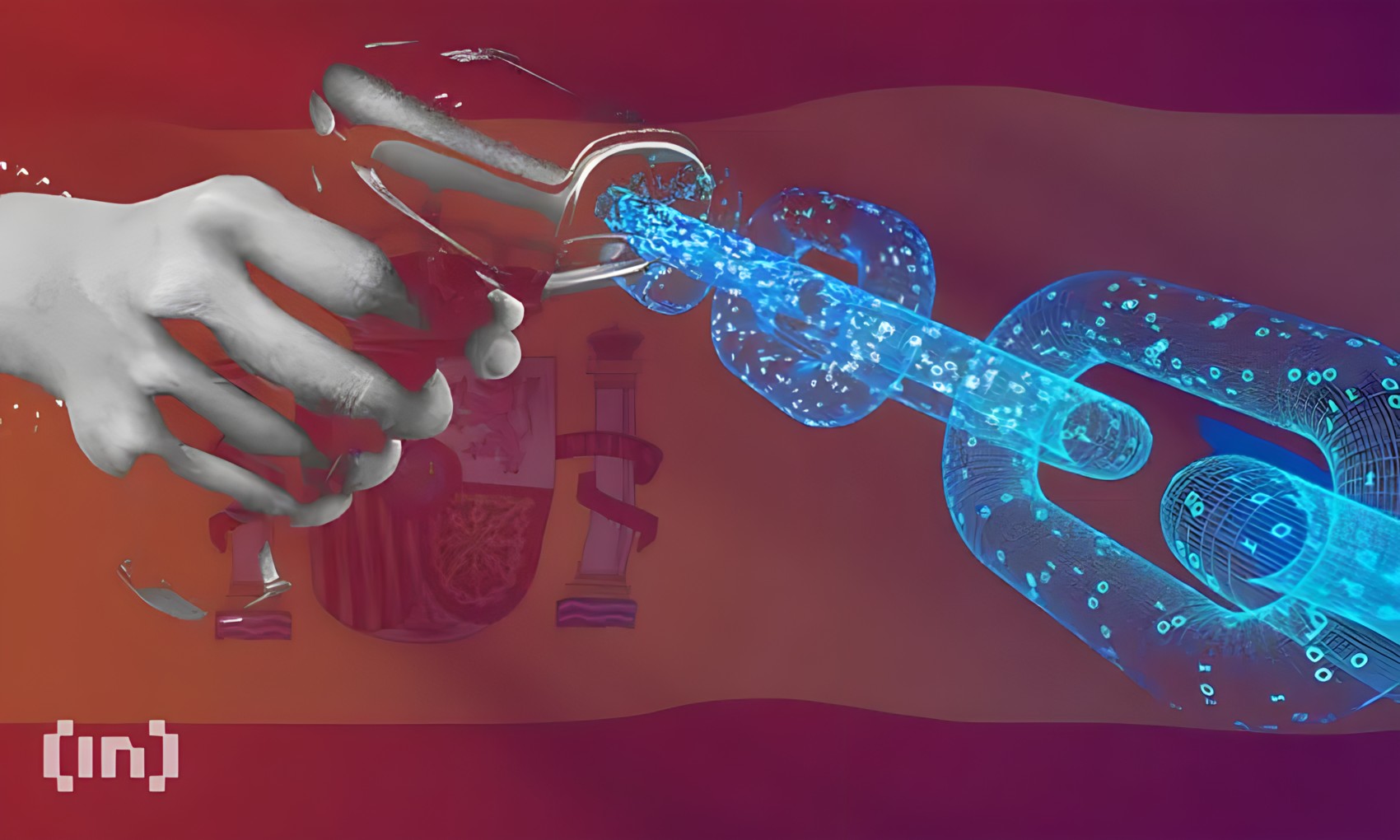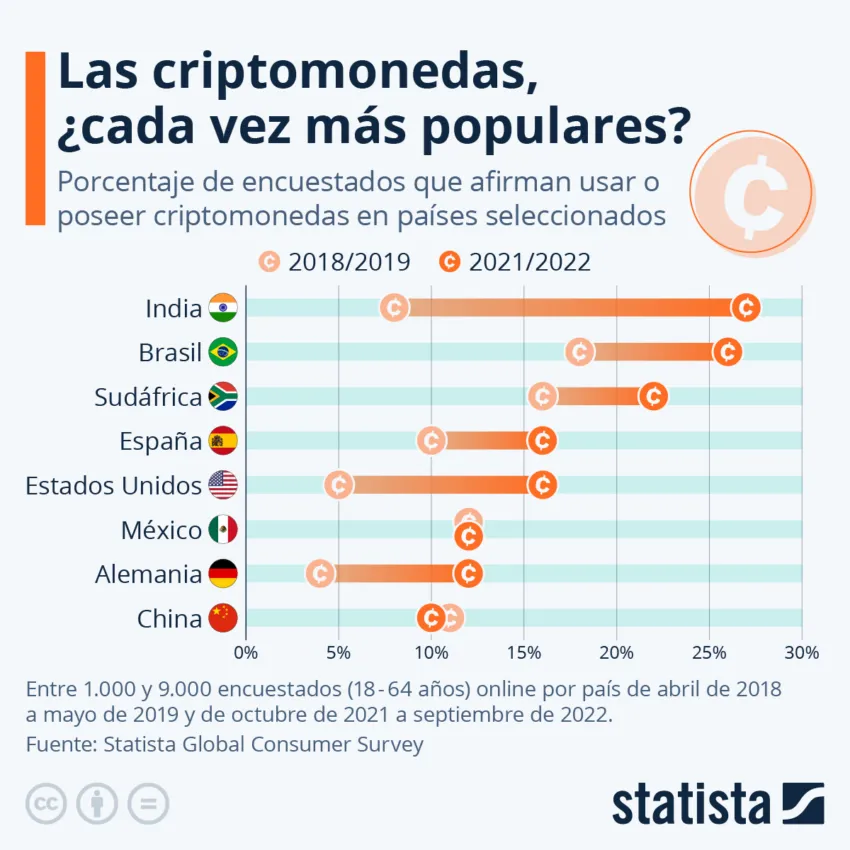Spain will expedite exports to Latin America through blockchain technology

Spain is using the technology blockchain to speed up exports to Latin America and reduce bureaucratic obstacles in international trade.
In collaboration with Alacat, the Federation of National Associations of Cargo Agents and International Logistics Operators of Latin America and the Caribbean, and Foro Madcargo, an association of air cargo professionals, have established digital corridors to simplify documentation and improve the efficiency of shipments, which in turn reduces associated costs. After initial tests carried out in 2022, the project is expected to be expanded during this year.
Spain ensures trade with Latin America through blockchain
The first pilot plan of blockchain for Latin America it was carried out between Madrid and Montevideo, Uruguay, and later Mexico and Peru . In these last two cases, the national customs authorities have already joined the project. For the current year, Alacat plans to expand the participation of the public and private sector in digital corridors to Panama, the Dominican Republic and Ecuador. They are also working on the incorporation in El Salvador , Nicaragua, Honduras, Guatemala and Costa Rica.
These initiatives seek to largely eliminate the use of paper in the logistics management of freight transport, and are based on the technology provided by Usyncro , which uses blockchain and artificial intelligence.
This technology allows sharing data and creating a unique record for each shipment. According to Usyncro estimates, digital brokers can reduce the use of paper by up to 80% and the time required to carry out transactions by 60%.
This is especially beneficial for fresh products and the health sector. Although these usually go quickly through customs, border controls can also be expedited for other types of merchandise.
Trade with Blockchain between Spain and Latin America will be "crucial and innovative"
The use of blockchain in the transmission of information it provides security and reliability, since the data is unalterable. In addition, this technology contributes to reducing the time and costs associated with customs procedures.
Although dispatch times depend on the product and the country in question, the goal is to reduce them to 24 or 48 hours. Which implies significant savings in storage and maneuvers. Although they are also working on the standardization of criteria documentaries , especially in the airport and maritime field, this process is neither quick nor easy.
The digital corridors initiative and the focus on digitization and logistics efficiency demonstrate the commitment of Spain and the organizations involved in promoting the digital transformation in international trade. Regarding trade with Latin America, the technology blockchain will play an innovative as well as crucial role.
The collaboration between Foro Madcargo, Alacat and Usyncro has been crucial in developing these digital corridors, leveraging Alacat's experience in international logistics and Foro Madcargo's network of air cargo professionals to drive implementation across air transportation.
Reducing bureaucracy in international trade thanks to blockchain
The technology implementation blockchain in streamlining logistics in international trade is generating promising results. The digitization of documentation and the creation of digital corridors have proven to be efficient in reducing red tape. Eliminating the excessive use of paper and accelerating the delivery time of the merchandise stand out among its most immediate benefits.
These advances are especially important in the context of exports outside the European Union, where customs requirements and controls can lead to significant delays and costs.
The technology Blockchain has been essential to guarantee the security and reliability of the information shared between the different actors involved in the logistics chain. By using blockchain , the data is recorded in an immutable way, which prevents tampering and ensures transparency throughout the process.
In addition, artificial intelligence applied to data management has made it possible to optimize operations and reduce management times.

The results obtained so far are encouraging. It has been estimated that digital corridors can reduce the use of paper by up to 80% and the time required to carry out logistics procedures by 60%. This translates into significant cost savings and increased efficiency in the supply chain.
Although the implementation of standards and the homologation of documentary criteria still present challenges, it is expected that these advances will facilitate the processes and promote standardization in the sector.
By working collaboratively, more fluid technological connections are being established between Europe y Latin America , which in turn strengthens trade relations and promotes economic growth on both continents.





